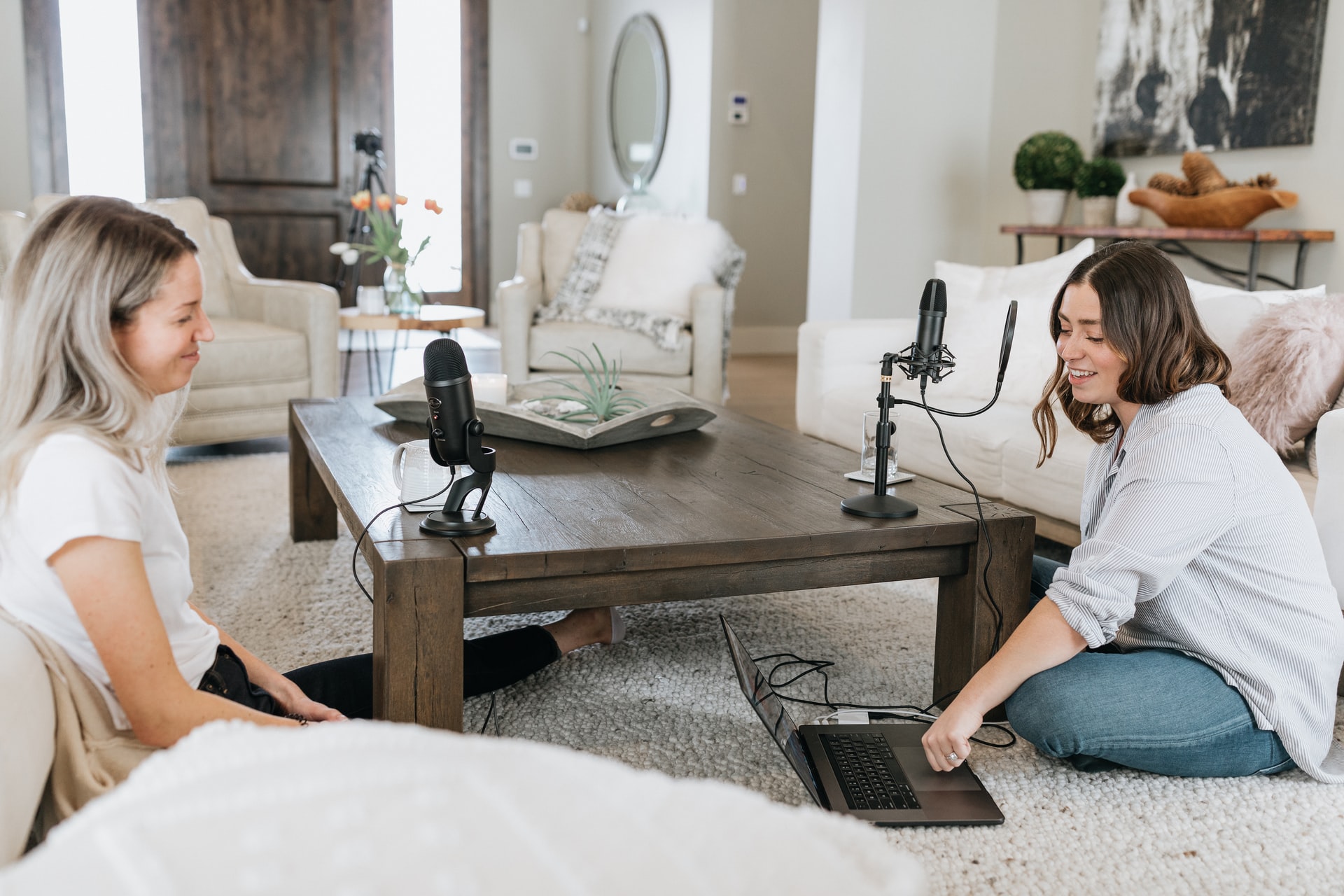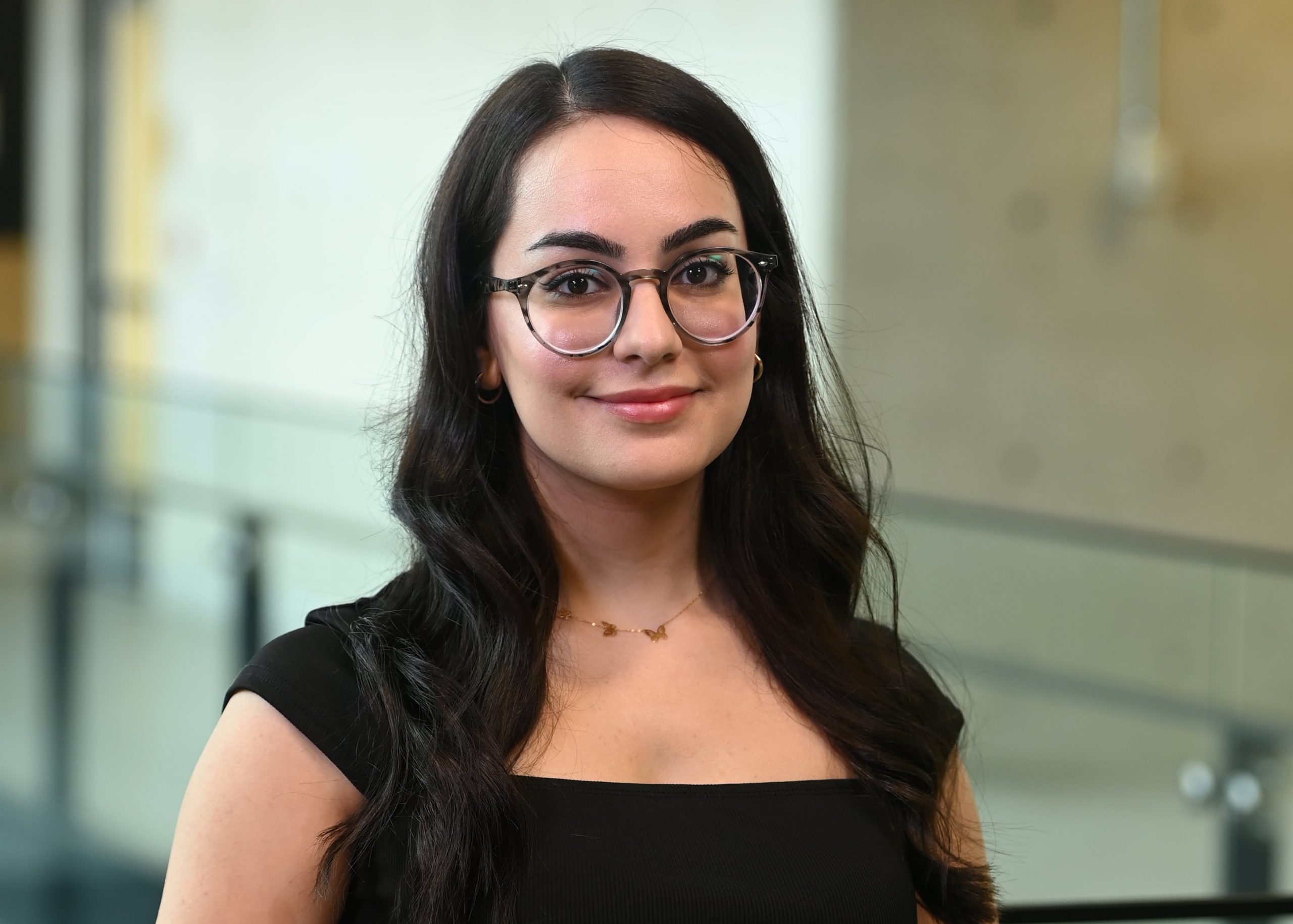
On October 14th, 1938, the University of Toronto conferred upon Lady Tweedsmuir, the wife of then Governor General Lord Tweedsmuir, the honorary degree of LL.D. She and her husband were proponents of literacy in Canada, and both were prolific writers. In her acceptance speech, which was later printed in the Canadian Historical Review, Tweedsmuir devoted her time to remind the professionals who surrounded her of the continuing use of amateurs – “Those historians who have shed their amateur status and joined the closed ranks of the professional historians are apt to look down upon the efforts of those who have not got their equipment or their scientific knowledge…”
She continues by stating: “They cannot bring the search-light of a trained mind and battery of a skilled application to their subject, but their mild beams sometimes help reveal something in the darkness of the past which has been left out or forgot in the march of time.”
Over 80 years later, the dynamic between the amateur and the professional historian is similar, with professional, academic historians widely critiquing the contributions of “amateurs” to the field. However, unlike in Lady Tweedsmuir’s day, a new forum has revolutionized “pop history” – podcasting.
On the production side, there are virtually no barriers to podcast publication, the equipment can be relatively inexpensive, and all the tools and skills you need to edit and produce your own show are available for free online. On the consumption side, it is incredibly accessible. I will admit it – I would much rather listen to a podcast on the French Revolution than read a canonical text about it. (This one is my favourite).
I know all this because I am a podcaster myself. And I have experienced some of the stigma Tweedsmuir discusses, though not to the same degree. Overwhelmingly, when I tell academic historians that I have podcast, they respond with “That’s so cool!” People are enthusiastic and accepting. However, I also get the sense that they do not always view it as “real history.” They also want to know the “real” research I am doing (aka my dissertation). Some even go to the lengths of commending me for “correcting” the pop history genre of podcast, stemming the tide against the waves of amateurs who have flooded the market. Even though I can honestly say some of the podcasting historians I have met or listened to are some of the most diligent researchers I have ever encountered, even if they do not have any letters after their name.
This is not to say academia should throw its practices out the window – I am forever grateful for what I have learned in the university setting. Research needs ethics, standards, and practices which are best taught in a professional setting.
However, there are some practices that the academic world could learn from the podcaster. While I could rattle off a list ten times as long, these are my top three:
1. Public consideration: Podcasts normally are not profitable. They can only generate revenue if they garner a weekly listenership in the tens of thousands, which is the top one per cent of podcasts. Therefore, successful content is usually geared toward the podcaster’s audience, and they often engage with their listenership. Academic historians should strive for a similar relationship. If anything, they should feel a greater obligation to create research that speaks to the public, given that most of our research is publicly funded.
2. Accessibility: The podcast format is less intimidating for most than dense historical literature and journals. But more importantly, they are usually free to consume, unlike academic research which is virtually always hidden behind pay walls. I am not suggesting historians should start giving away their books for free. However, I believe there should be a more concerted effort to engage with the public using accessible language, on accessible platforms.
3. Oral history: For many cultures, podcasting is closer to their traditional storytelling practices than academic literature. Prioritizing written accounts over other forms of evidence has been a Eurocentric attitude academic historians have been striving to interrogate and overcome. We can also strive to overcome this in how we deliver our research.
I hope that in the future, collaboration, not conflict, will define the relationship between amateur and professional historians. As Lady Tweedsmuir reminds us: “The great thing, it seems to me, which both the professional and non-professional seeker after historical truth have in common is a love of the subject, a reverence for the history of man, and a deep anxiety to find out as near as possible the truth about what really happened centuries ago.”
Photo by Kate Oseen on Unsplash










